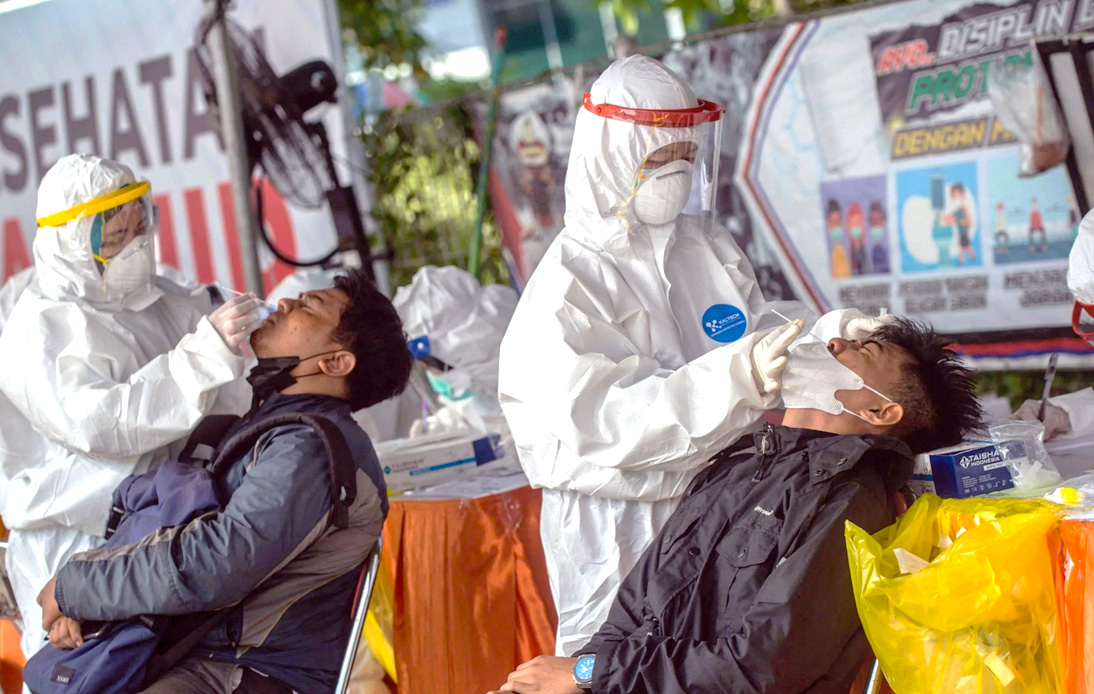
Indonesian health experts fear the worst could be yet to come as COVID-19 cases rise significantly on the country’s two most populous islands, with few curbs and dangerous variants causing record deaths across Southeast Asia.
Java and Sumatra have seen an increase in cases three weeks after the holiday period that followed the Islamic fasting month.
During the weeks following Ramadan, millions of Indonesian people ventured across the archipelago despite temporary travel bans. Wiku Adisasmito of Indonesia’s Covid-19 taskforce said that in Kudus, Central Java, infections have soared by 7,594% since then.
According to local media, the Indonesian government has brought in health care reinforcements, but hospital capacity had reached 90%.
Defriman Djafri, an epidemiologist from Andalas University in Padang, said West Sumatra logged the highest ever-recorded number of deaths in May. In Riau, Sumatra, daily cases more than doubled from early April, reporting over 800 in May, while the positivity rate was 35.8% last week, epidemiologist and provincial task force adviser Wildan Asfan Hasibuan explained.
Wildan said the spike stemmed from greater mobility and the possible spread of the novel coronavirus variants that have caused outbreaks in many countries.
However, the impact of the variants in Indonesia is difficult to determine as the island country has limited genomic sequencing capacity. Additionally, it has experienced shortfalls in testing and tracing, and its immunization campaign has progressed slowly –only one in 18 people targeted for inoculations have received two doses of a COVID-19 jab.
Recent studies also suggest that the figures could be even higher than the 1.9 million known transmissions, with Indonesia being among Asia’s highest caseloads.
Dicky Budiman, an epidemiologist from Australia’s Griffith University, stated Indonesia should take the variants more seriously, particularly the B.1.617.2 strain, identified in India for the first time as it was in its early stage of spreading.
“If we don’t change our strategy, we will face an explosion of cases in the community, mortality will increase,” he said.
“It means sooner or later it will reach the more vulnerable… we will face an explosion of cases which we cannot contain or respond to in our health facilities,” he added.




















